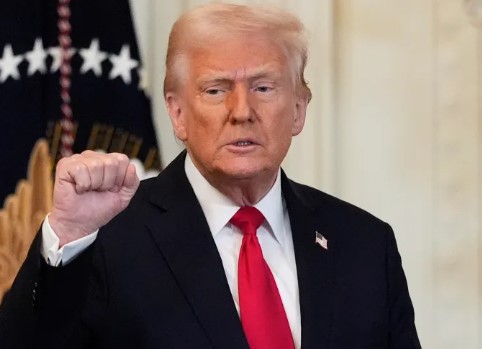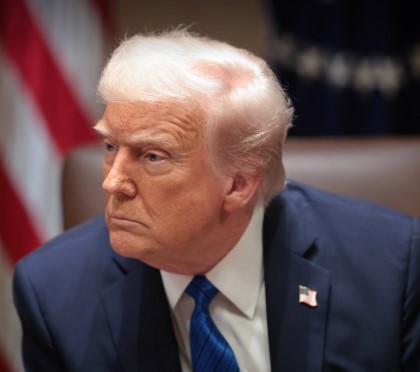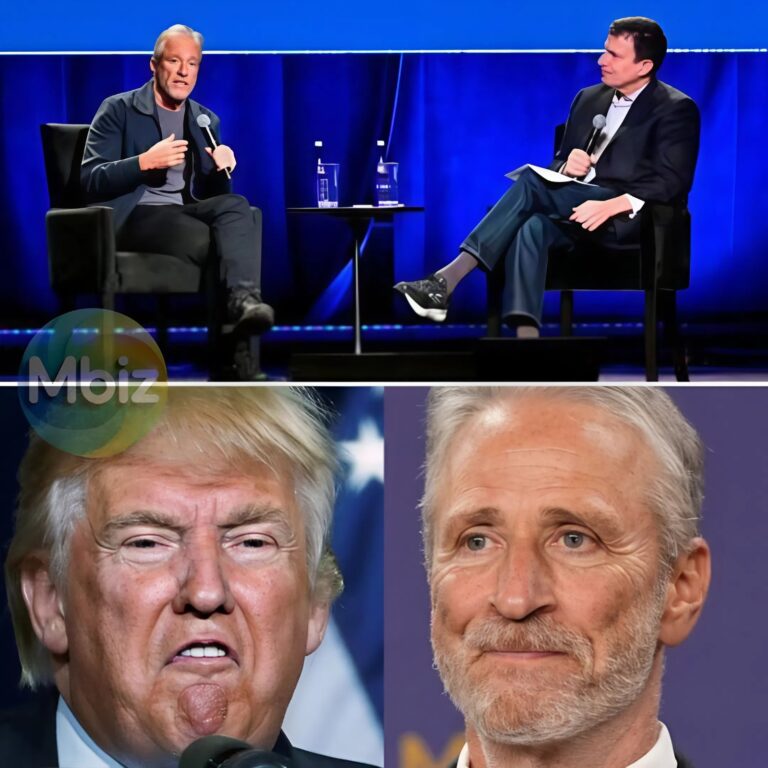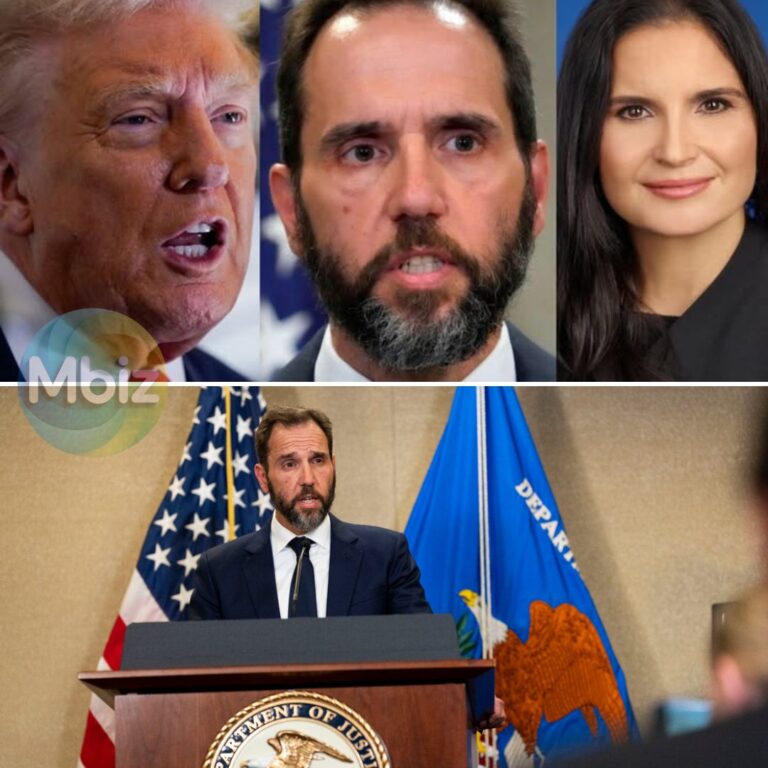Breaking News: Japan Rejects Trump’s “Greatest Deal” – Asia Turns Its Back on America!
 In a shocking turn of events, Japan has officially rejected what was touted by former President Donald Trump as his “greatest deal” – a $550 billion agreement aimed at strategic sectors. This unprecedented move signals a significant shift in Asia’s economic alignment, as Japan prioritizes its national interests over U.S. promises.
In a shocking turn of events, Japan has officially rejected what was touted by former President Donald Trump as his “greatest deal” – a $550 billion agreement aimed at strategic sectors. This unprecedented move signals a significant shift in Asia’s economic alignment, as Japan prioritizes its national interests over U.S. promises.
In July, the White House announced a reciprocal tariff of 15% in exchange for massive investments, igniting hopes for a new era of U.S.-Japan relations. However, Tokyo’s response has been anything but enthusiastic. The Japanese government has indicated a selective control over investments through its development bank, emphasizing a preference for local governance and transparency in fund distribution.

The implications of this decision are profound. Japan, which relies heavily on its automotive sector—accounting for approximately 21.5% of its exports and employing 8.3% of its workforce—faces a new wave of tariffs on its goods. Experts warn that every day of delay in implementing these tariffs costs the automotive industry around $20 million, raising concerns about the stability of U.S. operations.
As Japan’s political landscape shifts, with the recent election of its first female Prime Minister, Sané Takichi, the focus has turned to internal governance. In her inaugural address, Takichi vowed to reassess commitments that may compromise Japan’s national interests, hinting at a more cautious approach to foreign investments and a re-evaluation of existing agreements with the U.S.

Market reactions have been swift and severe. The yen’s value fluctuated dramatically, reflecting fears that Tokyo may slow down dollar transfers to mitigate financial impacts. U.S. defense stocks plummeted nearly 6% amid rising uncertainty about the future of these strategic partnerships. Furthermore, the $44 billion liquefied natural gas project in Alaska is now under scrutiny, as Japanese stakeholders question its long-term profitability.
The fallout from this diplomatic rift is already being felt across multiple industries, with energy and defense sectors bracing for potential setbacks. The U.S. strategy, focused on rapid infrastructure development and industrial expansion, is now at odds with Japan’s cautious financial governance, which prioritizes proven returns and fiscal stability.
As both nations grapple with the consequences of this unprecedented rejection, the future of U.S.-Japan relations hangs in the balance. With a 120-day deadline set for measurable outcomes, the pressure is mounting on both sides to deliver tangible results. Failure to do so could result in a complete breakdown of trust and cooperation, reshaping the economic landscape of Asia and beyond.
Stay tuned as we continue to follow this developing story, which could redefine alliances and economic strategies across the globe.





